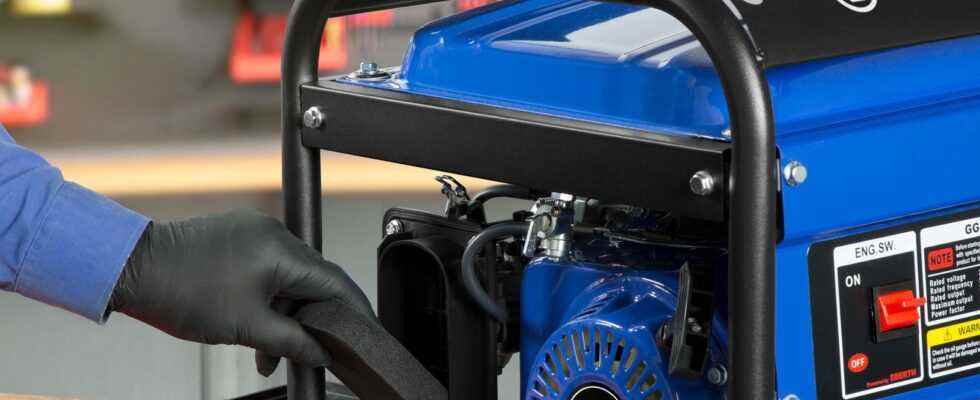The critical infrastructure is usually supplied with emergency power. Take hospitals as an example: hospitals have emergency generators in the basement so that important medical equipment can continue to run in the event of a power failure. There are separate rooms, emergency plans and regular tests for this. These free-standing devices are also available a few sizes smaller for installation in authorities, companies or even private households.
It’s one thing for authorities that serve as command centers in the event of a disaster, companies from different sectors can also equip themselves with emergency power for failures, but things are different for private households. Permanently installed emergency power systems are simply very expensive. The exact costs depend on the solution you choose, but you will definitely have to invest several thousand euros.
But there are also solutions with maximum convenience: for example, the emergency power will automatically step in if the grid fails and continue to supply the house or apartment. But keeping something like this for day X, which may never come, is not very economical for private users.
